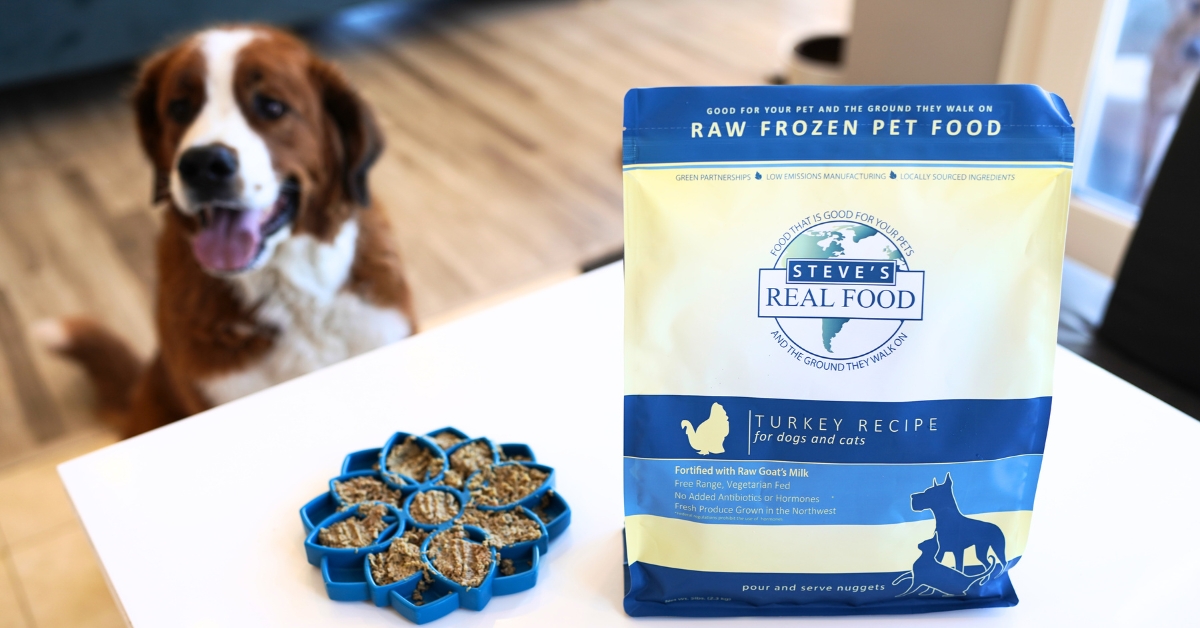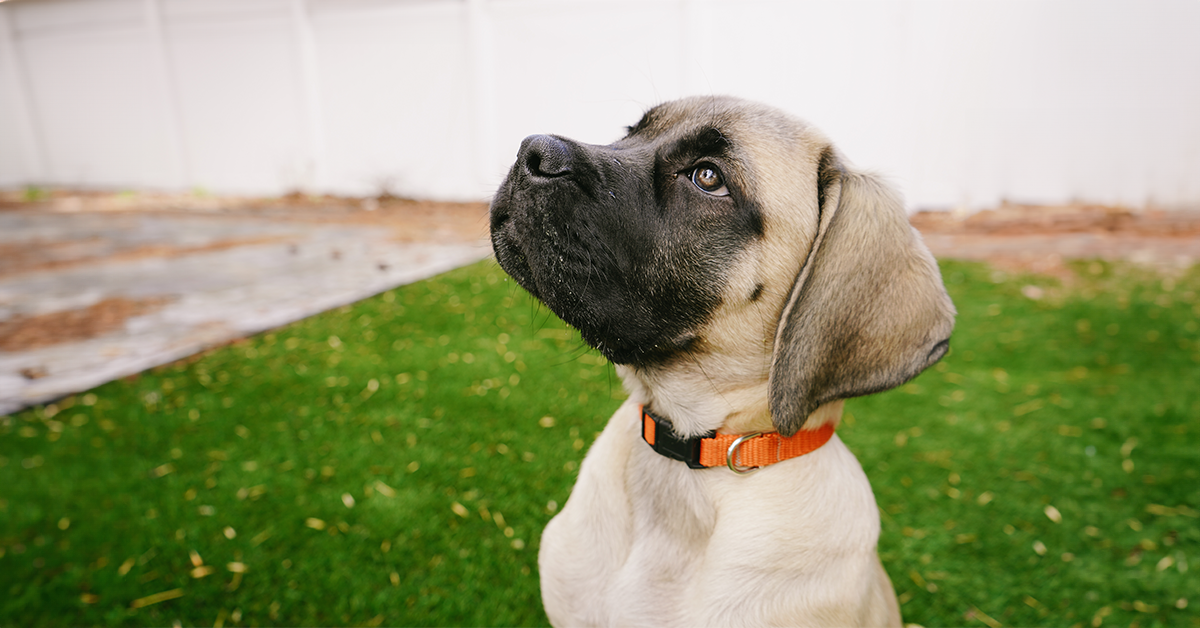This guest post was written by Jody L. Teiche, Pet Health Expert & Pet Parent Coach with over 30 years of experience using homeopathy to heal pets naturally.
Almost three-quarters of all dogs in the U.S. suffer from at least one form of anxiety. That’s right. Three-quarters. It’s less so with cats; about a quarter of all cats suffer anxiety issues. Pet mental health is real, and those pet parents affected will attest to it. If your dog or cat has mental health challenges, it is likely impacting your life, maybe even turning it upside down. Some pet parents can’t go on vacation, out to dinner or even leave the house without fear of their dog destroying it or if confined to a crate, hurting themselves. It’s heartbreaking for the pet and the parent.
Types & Causes of Anxiety in Pets
Luckily, there are several gentle, yet powerful tools we have today to help our anxious animals. But first, let’s look at what can cause pet mental health issues, such as separation anxiety, fears and phobias of things like loud noises, lights, textures, new places, strangers, children, other animals, and even certain clothing. Anxiety in pets can be the result of a variety of factors, such as fear of abandonment, which would tie into a fear of being home alone or separation from a pet parent. This often arises from past traumatic experiences and is seen often in dogs and cats that have been rescued. Fears and phobias can manifest in your animal as a result of past trauma, like PTSD. Perhaps your dog was nearby when a loud siren or fireworks went off, which traumatized them, making them fearful whenever they hear loud noises. Certain textures can remind some animals of bad experiences they’ve had, as can certain garments or even smells. Pet anxiety can manifest itself in things like excessive barking, whining, trembling, cowering, howling, lip licking, obsessively licking themselves and aggressive or destructive behavior to the environment or themselves.When I coach pet parents with anxious animals, there is one question I always ask first, and it might surprise you.
What are you feeding them?
Nutrition is Always the Foundation of the House
If the foundation is weak, eventually, something has to give and the house will fall. And, when I say foundation, I mean holistically – the whole mind/body connection we and our animals experience. Nutrition plays a significant role in creating and managing anxiety in pets. Certain foods and supplements may have a calming effect on animals. Conversely, certain foods may instigate anxious feelings. Let’s unpack that. A whole foods healthy diet for your dog or cat gives them all of the vitamins and minerals their body needs to do its job – maintain homeostasis or balance, and heal. A diet of highly processed food or food high in carbs/simple sugars not only robs the body of these essential nutrients, but causes sugar level spikes which, in turn, causes an increase in their feelings of stress and anxiety. Dry food or kibble is highly processed and consists mostly of carbs. Even grain-free or low-carb dry food diets often include poor-quality proteins like lentils, legumes, and starches like potatoes, beets, and peas. Poor quality food creates inflammation in the body. Periodic inflammation is good when needed to fight off infection or rally around an injury. But, chronic inflammation is the precursor of all dis-ease, and a catalyst for increased anxiety. More and more, we are learning the gut microbiome is the key to good or poor health in ourselves and our pets. The goal is a balanced gut, as much as possible, and diet is the key to this. Remember I mentioned the mind/body connection? Your animal’s gut is connected to its brain via the Vagus nerve, the longest nerve in the body. The brain and gut talk to each other all day long via this hotline. It’s the origination of the expression, “I have a gut feeling,” and happy hormones like serotonin are 90% produced in your dog or cat’s gut. So, you start to see a picture developing that what you put in their bowl has a profound effect on how they look, feel and behave. Species-appropriate diets for dogs and cats is the key to good health. Raw feeding is how our dogs and cats ate for thousands of years, and while we’ve domesticated them, what does that really mean?- They live inside now vs out back or in dog houses
- They have comfy beds to sleep on
- They sleep with us in our comfy beds
- They are pampered, dressed up, taken places and treated like our children
Other Natural Ways To Address Anxiety in Pets
We have many natural options available to us today that more and more pet parents are learning about and trying with their animals. I’ll cover a few of them here.- Exercise & The Happiness Protocol: Regular, vigorous exercise is important to take the edge off of an animal’s anxiety. Science has shown that when our pets are doing what they love, and their happy hormone levels increase, so does their immune system strengthen. More happy hormones equal less anxiety; a stronger immune system also means less anxiety and an all-around healthier pet.
- Homeopathic Remedies: Homeopathy is tailored to your individual dog, but there is a list of common remedies for anxiety in dogs, in this blog post. It’s always best to do an individual case taking of that particular dog and its specific symptoms to be most accurate in choosing a remedy
- Herbs: As herbs contain active ingredients, unlike homeopathy, it’s always best to consult with an expert. Here is a list of herbs recommended by pet herbal expert, Dr. Chris Bessent.
- Essential Oils: Essential oils are a wonderful tool in your natural healing kit and, again, contain active ingredients, so follow the guidance of someone who is an expert in this area. Balance, Peace, Console and Adaptiv are some go-to’s for anxious animals.
- CBD Oil: Not all CBD oil is created equal, and after much research, trying this on my own pets and an interview with the CCO and co-founder of this company, I am recommending ElleVet Sciences as my go-to CBD product. Learn more about why here, and you can check out my interview with Amanda Howland of ElleVet here.
- LovingTouch™ or Intentional Touch Healing Therapy: This hands-on calming practice is based on Temple Grandin’s squeeze box, which comforted her autism-associated anxiety, and is practiced by holistic veterinarian, Dr. Edward Bassingthwaighte. Learn more about LovingTouch™ through booking a free consult with me.
- Frequency Scanning: Tesla and Einstein discovered it back in the 1940’s and it’s been greatly perfected technologically over the decades. As Tesla said, “If you want to find the secrets of the universe, think in terms of energy, frequency and vibration.” We are all made up of energy and everything around us is, too. And, each cell, organ, muscle, and tissue vibrates on its own frequency. So, when you have access to a handheld technology that has over 150,000 optimal frequencies in its database, you have the power to scan your body or your pet’s body, the machine reads the frequencies, identifies those that are out of balance and then optimizes those back into balance. The result? Your pet feels better, emotionally and physically. Learn more about frequency scanning.





